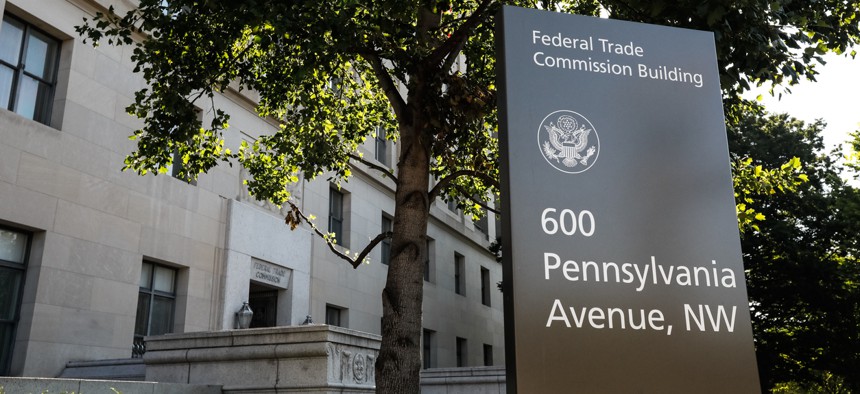FTC Investigating Major Retailers Over Supply Chain Backlog

P_Wei/istockphoto
The Federal Trade Commission requested data from nine large U.S. retailers to gauge causes of supply chain bottlenecks and rising prices.
The Federal Trade Commission ordered nine major retailers, including Amazon, Kroger, and Walmart, to release company information to illuminate ongoing supply chain issues that are disrupting the U.S. economy.
“Supply chain disruptions are upending the provision and delivery of a wide array of goods, ranging from computer chips and medicines to meat and lumber,” FTC Chair Lina M. Khan said in a press release Monday. “The FTC has a long history of pursuing market studies to deepen our understanding of economic conditions and business conduct, and we should continue to make nimble and timely use of these information-gathering tools and authorities.”
The information request was ordered pursuant to Section 6(b) of the FTC Act, which gives the government agency investigative authority over registered U.S. businesses.
For the large retailers that will be subject to this study, they will need to provide relevant operational information and data that can point to supply chain bottlenecks, as well as other shortages and anticompetitive practices contributing to inflation.
The global supply chain was severely impacted with the onset of the COVID-19 pandemic, primarily due to orders stalling and cancellations related to grounded travel and other logistical delays.
Such shortages have raised concerns about inflation, and in conjunction with the ongoing pandemic and slow labor growth, spell trouble for the U.S. economic outlook. The FTC’s inquiry will focus on the sales volumes, profit margins, supply chain and order backlog, and market shares for each company.
The total list of companies subject to the FTC inquiry include Walmart Inc., Amazon.com, Inc., Kroger Co., C&S Wholesale Grocers, Inc., Associated Wholesale Grocers, Inc., McLane Co, Inc. Procter & Gamble Co., Tyson Foods, Inc., and Kraft Heinz Co.
Each company has 45 days from the date they received the request to respond.
“I am hopeful the FTC’s new 6(b) study will shed light on market conditions and business practices that may have worsened these disruptions or led to asymmetric effects,” Khan said.
The FTC commissioners voted unanimously in favor of issuing the inquiry.






